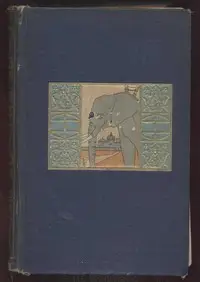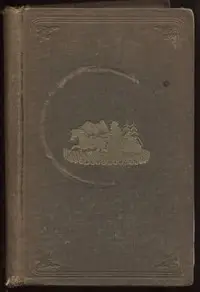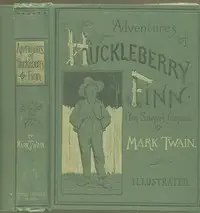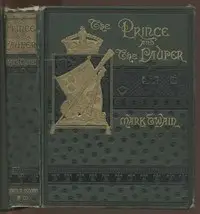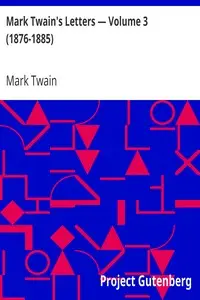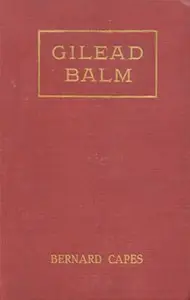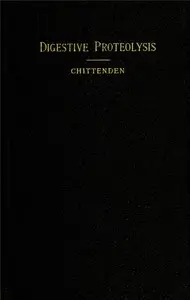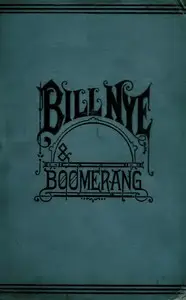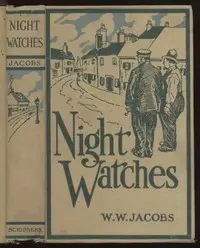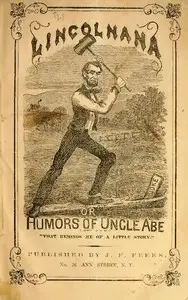"Extract from Captain Stormfield's Visit to Heaven" by Mark Twain is a satirical fantasy written during the early 20th century. This work is an imaginative exploration of the afterlife, presented as a reflective journey of its protagonist, Captain Eli Stormfield, who navigates his way through the peculiarities of Heaven after his death. The narrative captures Twain's characteristic wit and humor as it engages with themes of identity and the peculiar nature of existence beyond life, ultimately portraying a vision of Heaven that is both absurd and profound. In the story, Captain Stormfield recounts the peculiar experiences he undergoes upon arriving in Heaven, where he encounters a bureaucratic and somewhat chaotic system attempting to organize the souls who have passed on. Through humorous exchanges with the clerks and other souls, he grapples with questions of identity, belonging, and the nature of happiness. As he navigates the various customs and practices of Heaven, including receiving divine gifts and finding his place among other residents, Stormfield's journey serves as a commentary on the human condition and the absurdities of life and death. Ultimately, the captain learns that Heaven, with all its wonders and ceremonies, is not quite the idealistic place he had envisioned, emphasizing that happiness might stem more from meaningful engagements and companionship rather than ceremonial traditions. (This is an automatically generated summary.)
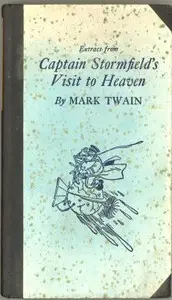
Extract from Captain Stormfield's Visit to Heaven
By Mark Twain
"Extract from Captain Stormfield's Visit to Heaven" by Mark Twain is a satirical fantasy written during the early 20th century. This work is an imagin...
Samuel Langhorne Clemens, known by the pen name Mark Twain, was an American writer, humorist, and essayist. He was praised as the "greatest humorist the United States has produced," with William Faulkner calling him "the father of American literature." Twain's novels include The Adventures of Tom Sawyer (1876) and its sequel, Adventures of Huckleberry Finn (1884), with the latter often called the "Great American Novel." He also wrote A Connecticut Yankee in King Arthur's Court (1889) and Pudd'nhead Wilson (1894) and cowrote The Gilded Age: A Tale of Today (1873) with Charles Dudley Warner.

